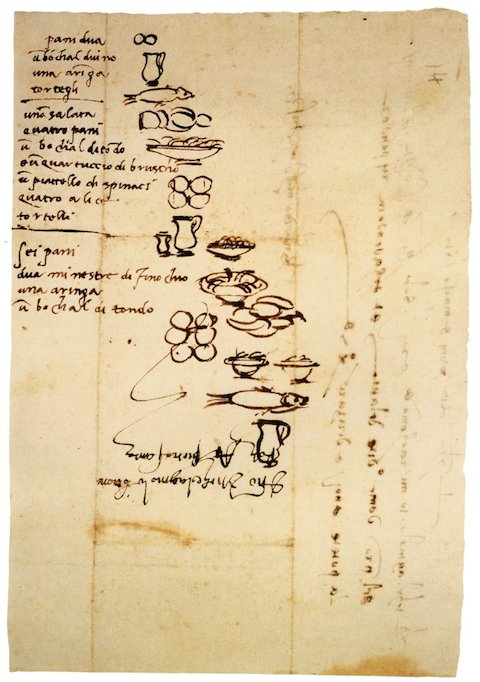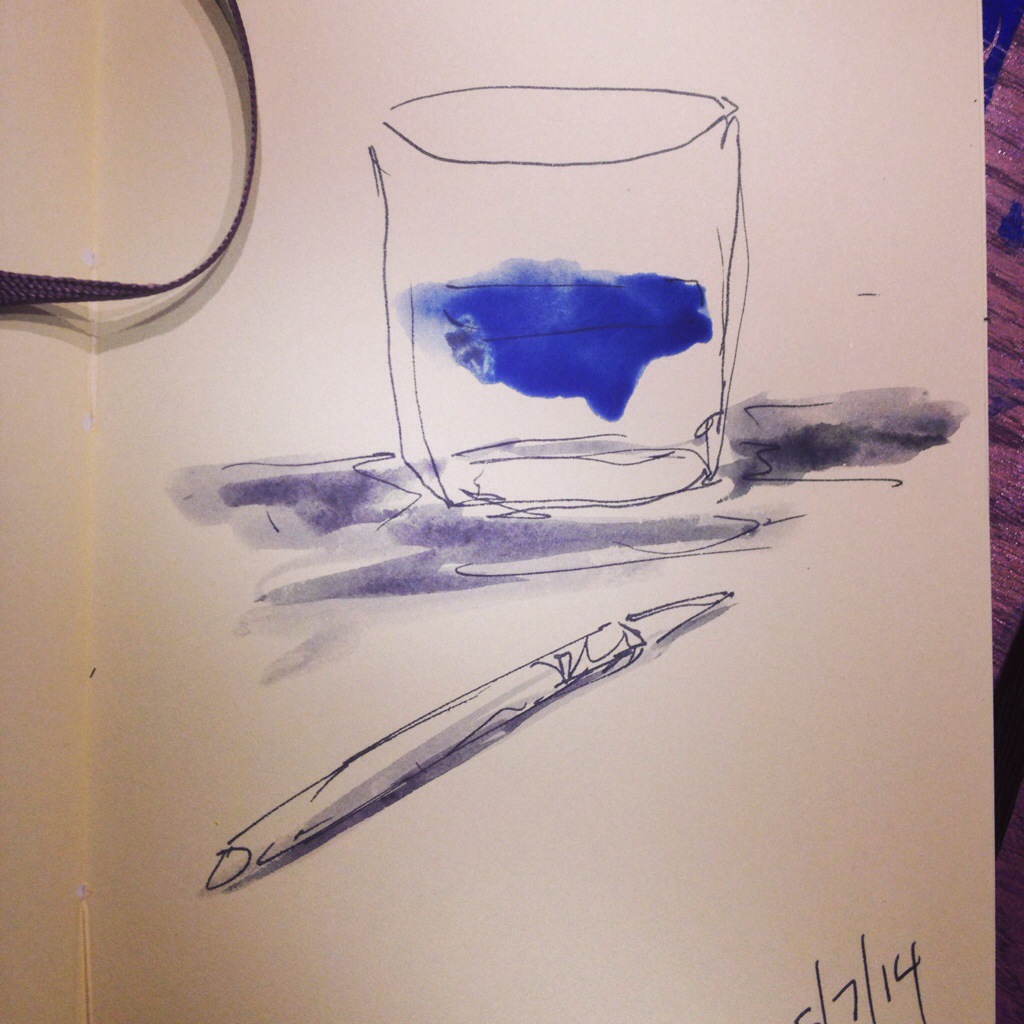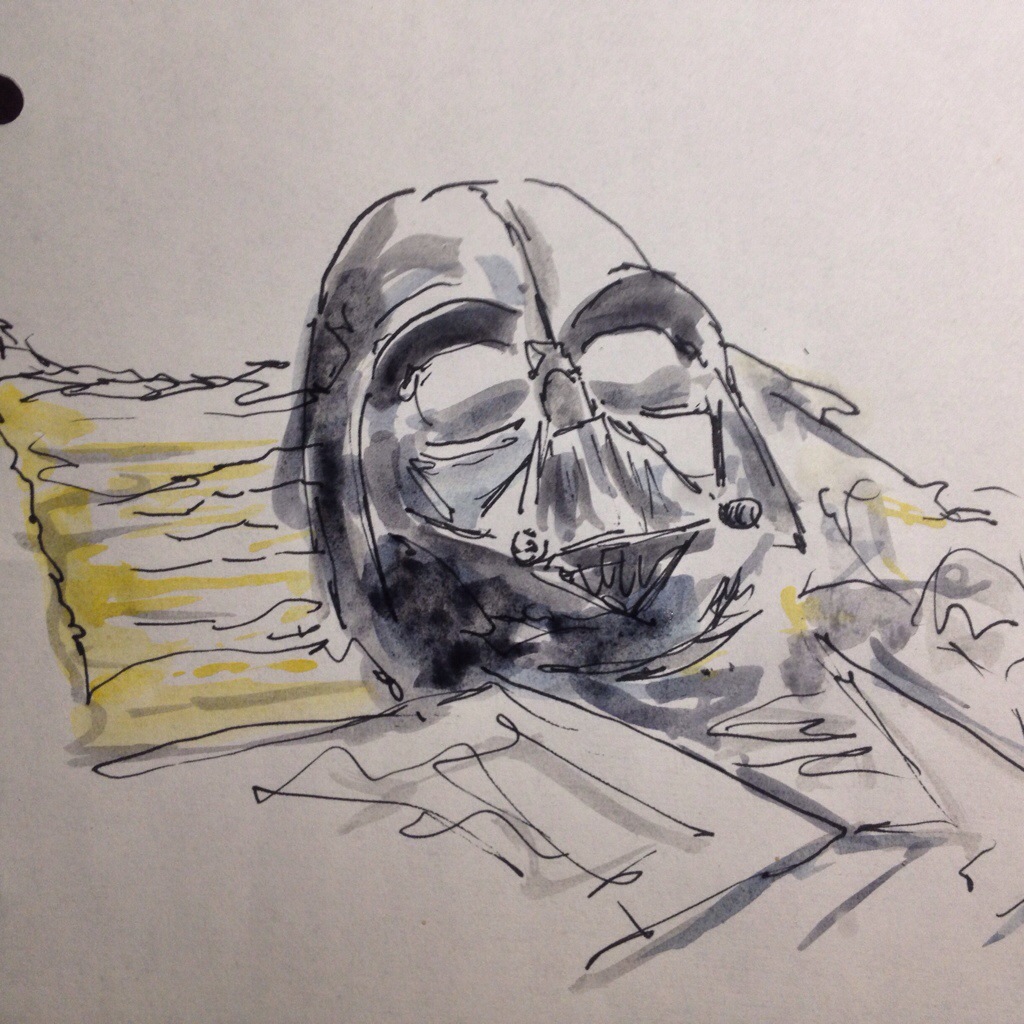There are some people out there that I consider acquaintances, even though I have never met them in person. One of those people is Lisa Lazar. She is scenic artist at Berkley Repertory Theater and i know her thru the Scenic Artists email list on Yahoo. She has a blog that she sometimes posts about her scenic painting, and also gardening, beekeeping and photography. She is one of those intensely cool artsy people that I wished lived nearby. A recent post of her’s struck a chord with me. Hows Robb?: How I Suck The Joy Out Of Everything. In it she talks about seeing the imperfections is a sweater she has knitted and subsequently loses all sense of accomplishment and satisfaction in what she has created. She traces it back to criticism from growing up:
I grew up in a very unhappy family. My mother was violently abusive, and my parents lost no opportunity to let me know that they considered me an utter failure, someone who would never amount to anything. I was a shy, clumsy child, and my family took never failed to miss an opportunity to taunt me for my failings. To this day, I hear their voices in my head.
This sparked two thoughts in me. One, I hear nagging doubts in my head all the time, and everything I do on stage, I always see what could be improved. I would be surprised if there was someone out there that doesn’t have any doubt about what they do. Questioning your own work and looking for improvement isn’t a bad thing. It is what keeps you striving for improvement and searching for more. But that of course can be taken to an extreme. If you look at her sweater that she made:

Isn’t it beautiful? That would be an amazing gift to receive! The questioning voices she hears about her own work and adequacy make me so sad. She has been given an unfair and unjust burden for the rest of her life.
This is the second train of thought that came to me. Parenting is such an awesome (in the definition of “Extremely daunting; inspiring great admiration, apprehension, or fear.”) responsibility. I feel parents can’t just tell their children that everything single thing they do is perfect and world class, there has to be a bit of reality mixed in with the support and praise. But the love is always unconditional. This is something I need to be aware of with my kids. I think I am, but it can’t hurt to be reminded every once in a while.






